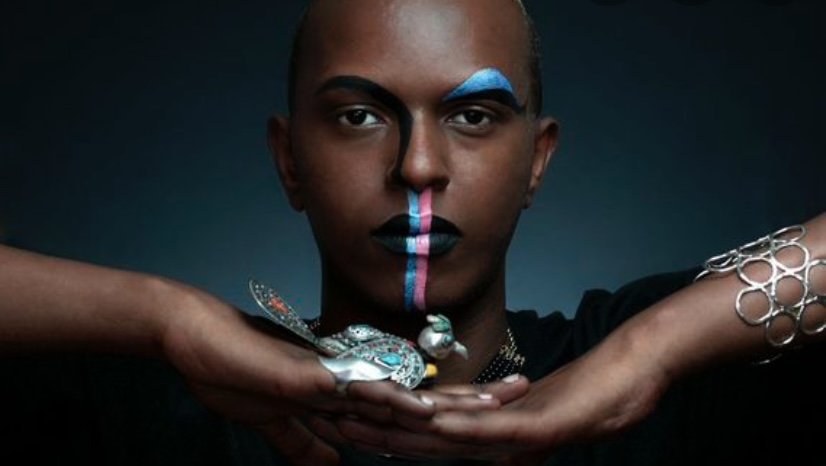Idolizing male femininity promotes toxicity
As this new trend takes over social media, users have begun to forget the original intention; allowing men to express themselves comfortably. Self expression comes from what a person identifies with on the inside, not from following trends. In order to truly support male femininity, society must normalize it rather than idolizing it.
March 18, 2021
As a new trend begins to craze social media, users have developed new standards for boys they take interest in; those who find it simple to ignore gender norms and express their feminine side. While our society should support men who express their feminine side, we reached a point where toxicity begins to breach. When a boy wearing a skirt films a video, supporters shower him with praise, while those same supporters, especially on Tik Tok, have begun to shame other men who do not express a feminine side. This new support for male femininity seems to only show in extremes, whether idolization or shaming, and both sides create toxicity.
On the overly supportive side of male femininity, a boy with painted nails or eyeliner receives praise, as if this makes them a good person or automatically “trustworthy.” Users cannot determine a creator’s true intentions through a screen, and idolizing any one action makes it easy for manipulation to occur. If an idea generates that a certain way of doing something makes you special, users may take part for personal gain. When a man expresses his femininity, it should not make them special, but rather normal the same way our society normalizes women wearing dresses and painting their nails.
In an article posted by The Spire, they discuss the dangers of idolization and how altering ourselves to fit standards or expectations becomes harmful. While recognizing someone as an inspiration seems harmless, idolizing what they promote opens the door to an unnecessary pressure for others to become a follower too, even if they don’t want to participate.
On the other side of the spectrum, different issues arise. Sometimes, men who openly dress feminine get torn down by those who don’t want to obsess over the idea or partake in that form of expression. Male femininity should receive support, and that can happen more efficiently once our society begins to normalize rather than idolize. On this side of the spectrum, another problem arises. Men who do not dress feminine because they do not enjoy it tend to receive hate as well. If not all women like to wear dresses or do their makeup, society can not expect every man to like expressing themselves in that way either. Self expression should come from what makes an individual feel most comfortable and genuine, not from what a trend praises. Society cannot push for men to express themselves if it only validates men who express themself in the “ideal way.”
“Being yourself is key. I think a lot of boys are just dressing feminine because everyone else is doing it. They feel pressured because they might get ‘“cancelled” or hated for not wanting to dress a certain way,” sophomore Gainey Byrd said.
Members of society should feel free to dress how they want, regardless of the trends or what others may expect. Also, men should decide whether or not they enjoy dressing feminine; and when society sees a man expressing himself, he should not become an idol or a new expected standard. Expressing oneself looks different for every individual person, and it must become normalized rather than idolized in order for any progress to occur.






